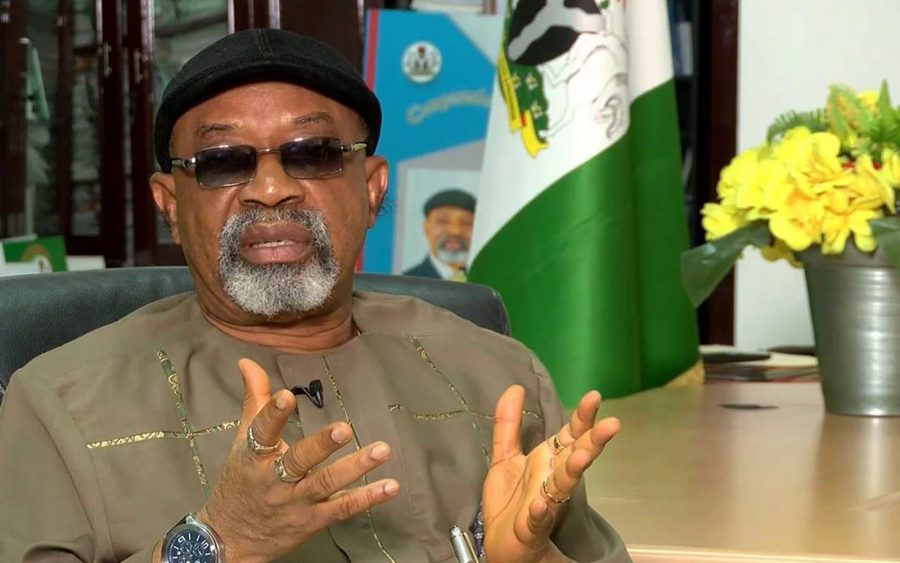The Minister of Labour and Employment, Senator Chris Ngige has brightened the hope of Nigerian workers, as he made known that new national minimum wage will soon commence.
The Minister made the disclosure at the 40th anniversary of Nigeria Labour Congress (NLC) in Abuja.
Though, Ngige didn’t specify when the new minimum wage would be effected but announced that latest before by the end of September, 2018, workers will experience a surge in their wages.
“In furtherance to the determination by the federal government to attain the decent work agenda which involves opportunities for works that are productive and deliver a fair income, security in workplace, and social protection for families; there have been overtime, three minimum wage reviews and currently the tripartite committee on national minimum wage is set to review the current minimum wage.” Ngige was quoted.
Recall that in November, 2017, President Muhammadu Buhari inaugurated the National Wage Committee led by former minister and Head of Service, Ama Pepple in order to recommend the long-clamoured for minimum wage.
In February, 2018, the Nigeria Labour Congress, led by Ayuba Wabba, promised hailstones and lightning if the government does not approve the new increment in minimum wage to the tune of $200 which is equivalent to ₦72,000 at ₦360 exchange rate.
An Analysis of official data published by the National Bureau of Statistics (NBS), revealed that in 2016, the 30 states reviewed, minus Lagos State, generated ₦515.61 billion internal revenue which is one-third of the ₦1.479 trillion they spend on workers remuneration annually.
Kano State currently spends ₦110billion to pay its 160,000 workers annually, while Ogun state’s 40,000 workers take ₦92.4billion annually as salaries.
Meanwhile, the last time a minimum wage was set before the current one being reviewed was in 2011. Then, the wage was set at a paltry ₦18,000. It took 10 years to have this benchmark reviewed through a collective bargaining mechanism by the Jonathan-led administration and the Labour unions.
